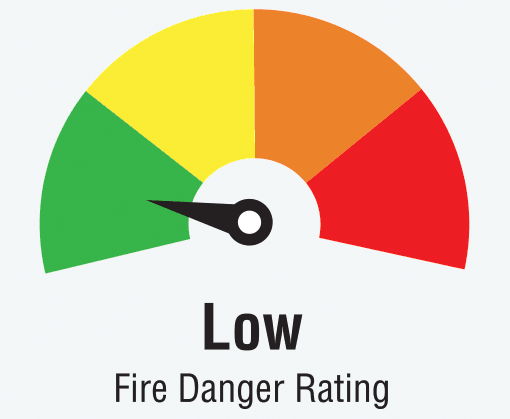
Goal: By 2030, reduce waste sector emissions by 95% and reduce embodied emissions from products and services.
In many communities in British Columbia, the waste sector represents one of the largest contributors to GHG emissions but is one of the least expensive reduction opportunities. In many ways, Whistler has already done much of the heavy lifting related to waste with emissions from the sector declining by 90% compared to 2005 due to landfill gas capture and destruction and increasing organics diversion to thirty percent. While this progress is encouraging, many challenges remain and more can be done. These include finding long-term sustainable solutions for landfill waste, securing customers for plastic recycling, increasing organic waste diversion from commercial operations and multi-unit residential buildings and addressing construction waste.
While good progress has been made on the waste side of the equation, the embodied carbon in the products we purchase accounts for two to three times our total community emissions. GHG accounting practices mean that these emissions are accounted for in the countries where they are produced, yet consumers have direct control over purchasing decisions, including lower carbon diets, environmentally certified products, product sharing, and less greenhouse gas intensive travel, among others.
Key initiatives
1. Improve organic waste reduction and landfill diversion from commercial operations and multiunit residential buildings
2. Reduce construction waste focusing on organic materials such as waste wood
3. Continue to reduce all streams of waste
4. Use low carbon fuels for waste-related transportation to reduce transport emissions
5. Demonstrate RMOW leadership by embedding GHG emissions considerations into municipal procurement practices
6. Engage with residents, visitors and local business to advance sustainable consumption.
- Between 1,145 tCO2e and 2,000 tCO2e below 2019 in 2030
- Between 1% and 2% reduction below Business as Usual in 2030*
*Reductions are just from lower landfill transport and lower transport of waste. It does not include indirect emissions from more sustainable consumption, which are much higher, but primarily occur outside Whistler.
- Solid Waste Management Strategy
- CECAP
Official Community Plan – related goals and policies
- 7.4. Goal: Air quality is protected.
- 10.1. Goal: Municipal decision-making is well-structured to achieve energy efficiency goals and GHG reduction targets.
- 10.4. Goal: Substantially reduce GHG emissions associated with solid waste management.
- 12.3. Goal: Move progressively toward zero waste.
- Lead: Infrastructure Services
- Support: Environmental Stewardship, Facility Construction Management, Corporate and Community Services
- Partnerships: BC Government, AWARE
Contact
Climate and Environment
climatechange@whistler.ca



